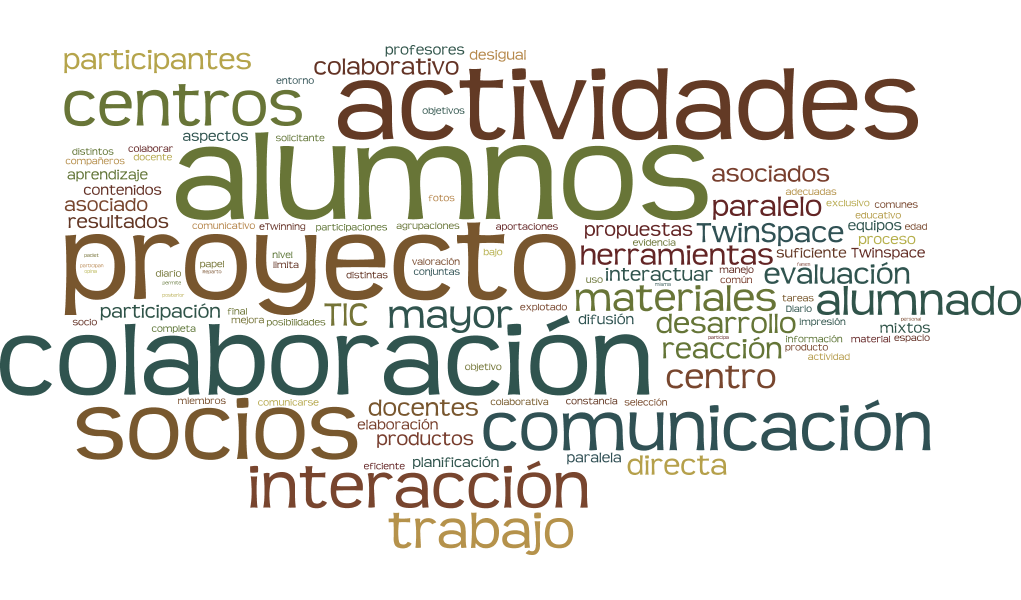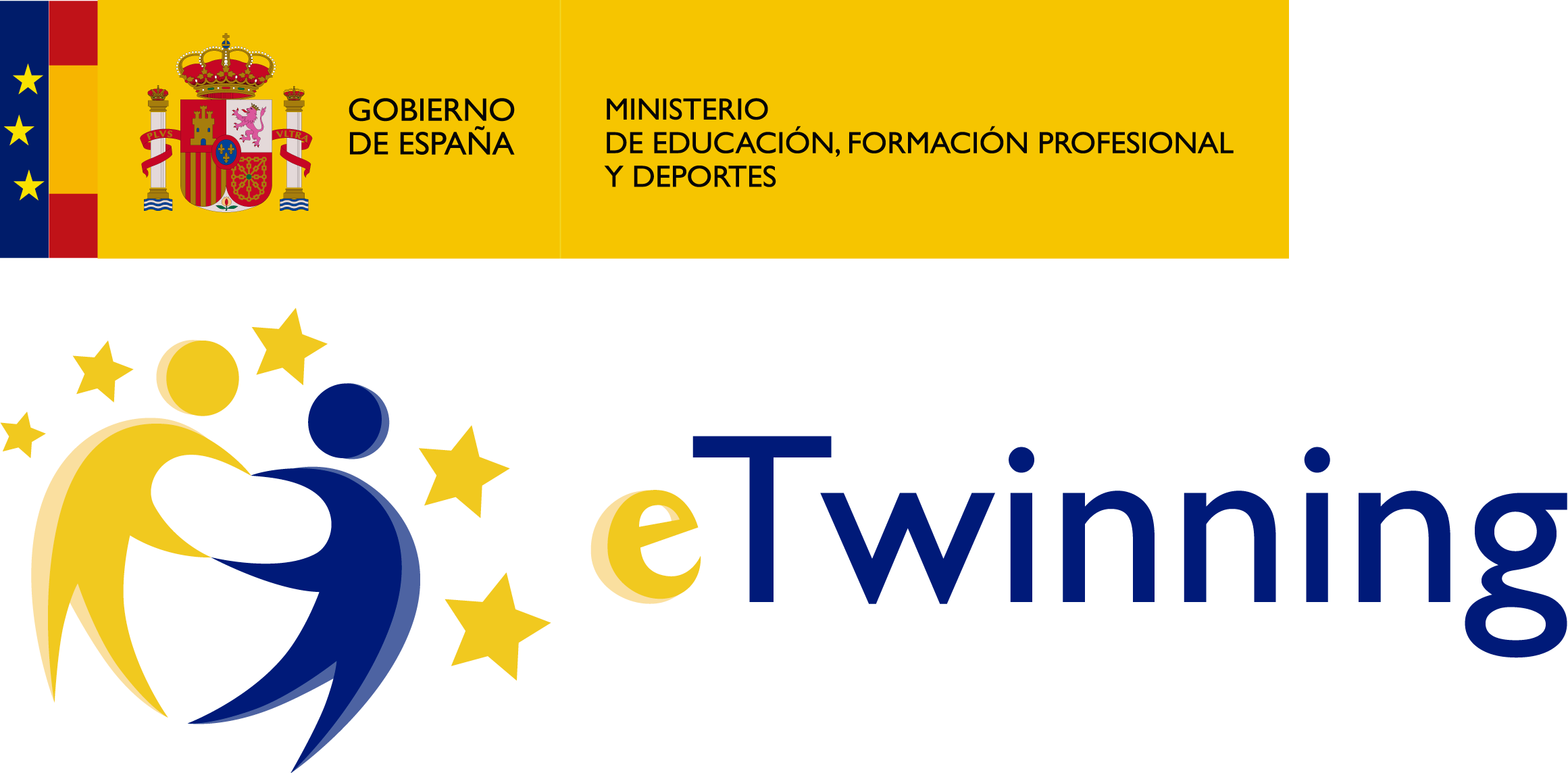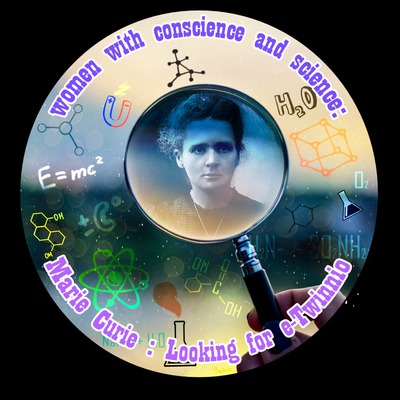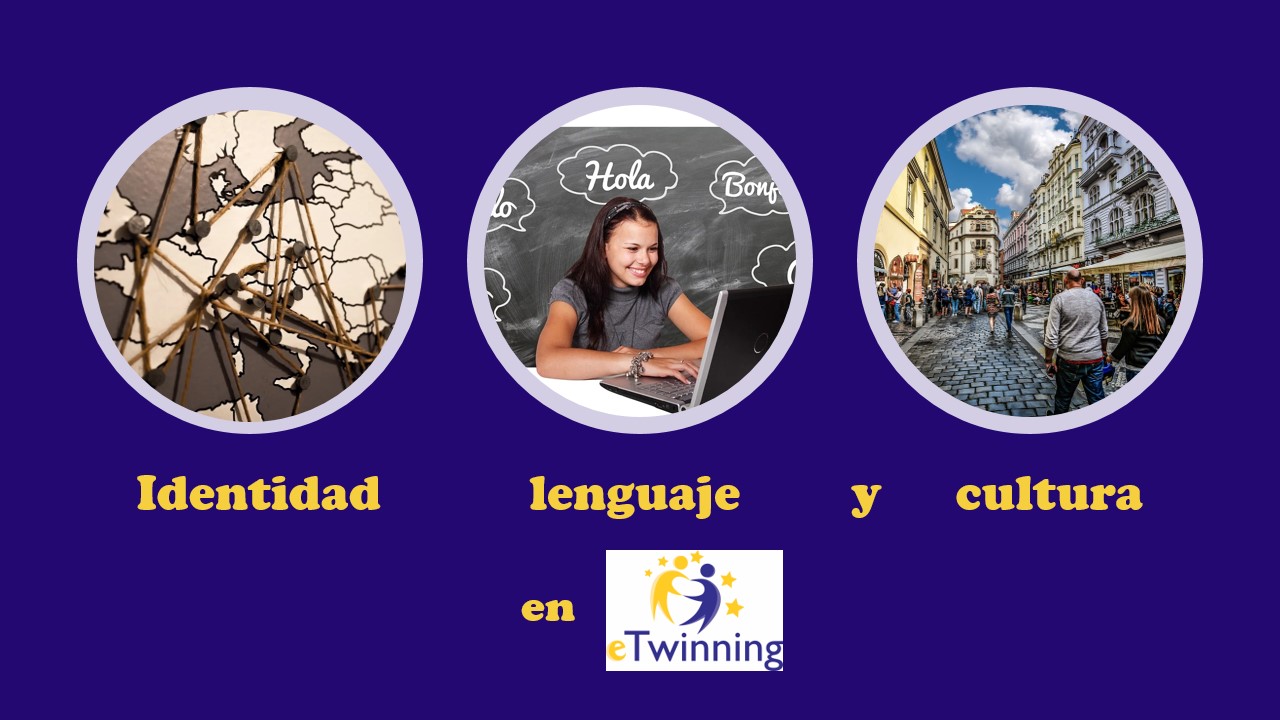Quality in Pre-primary and Primary Education projects

Here are some examples of good practices for Pre-primary and Primary education for each of the six existing evaluation criteria used for awarding National Quality Labels to eTwinning projects.
It’s essential to emphasize that all projects of school collaboration framed within the eTwinning initiative require great effort and work from the people involved (especially teachers and students); they also support and strengthen the teaching and learning process carried out in the classroom and are represent a major motivator for the teachers and students who participate..
A Quality Label is a way to recongnize the projects that stand out for different reasons (work, effort, collaboration, use of ICT, innovation, etc.). This recognition is awarded to those eTwinning projects that meet the six pre-established quality criteria that all 41 eTwinning countries share. You can check the information related to these criteria here.
Each stage of the Spanish education system has its own specific features, its own strengths, challenges, and difficulties. As the first in a series of more extensive articles on the topic, below is a short list of projects and ideas that can serve as a guide or inspiration for each of the six Quality Label evaluation criteria for the Pre-primary and Primary Education projects. These ideas can be applied in future eTwinning projects. Moreover, for each criterion there, we included a link to a related article on the website of the Spanish National Support Service so as to give as much information as possible on every criterion.
1. Pedagogical innovation and creativity
- Pre-primary Education. Good practice example: Fairy Yoga
- Primary Education. Good practice example: Looking for Beau and Delfi
2. Curricular integration
- Primary Education. Good practice example: Are you ready to live in the 21st Century?
3. Communication and interaction among partner schools
- Pre-primary Education. Good practice examples: Storytelling with Lego
- Primary Education. Good practice example: Looking for Beau and Delfi
4. Partner school collaboration
- Pre-Primary Education (designing a joint project card). Example 1: We love Europets. Example 2: Origami
- Primaria Education (creating an electronic book together). Good practice example: DIXIT collaborative story/historie collaborative
5. Use of technology
- Pre-primary Education. Good practice example: Your digital life
- Primary Education. Good practice example: El laberinto de las palabras
6. Results, impact, and documentation
- Compilation of results
- TwinSpace. Example 1: ¿Conoces este cuento?. Example 2: DIXIT collaborative story
- Externa website. Example 1: Read the World. Example 2: página WIX (Are you ready to live in the 21st century?)
- Project documentation (especially the role played by students)
- Project evaluation carried out by the entire educational community
- Use of the evaluation rubric
- Project dissemination and communication (school website, external blog, local press, conferences and workshops, social networks, etc.)








Reglamento de protección de datos (información básica)
En cumplimiento de la normativa de protección de datos personales, le informamos de que sus datos serán incorporados al tratamiento denominado “eTwinning participación”, cuya finalidad es la participación en el proyecto de colaboración europeo eTwinning.
Puede usted ejercitar los derechos de acceso, rectificación, oposición, supresión (“derecho al olvido”), limitación de tratamiento y portabilidad y a no ser objeto de decisiones individuales automatizadas que sean de aplicación de acuerdo a la base jurídica del tratamiento. Podrá hacerlo en la sede electrónica del ministerio (http://www.educacionyfp.gob.es/servicios-al-ciudadano-mecd/catalogo/educacion/varios/proteccion-datos.html), presencialmente en las oficinas de registro o por correo postal.
Al rellenar y enviar este formulario usted concede su consentimiento inequívoco para el almacenamiento de sus datos en nuestros ficheros tal y como se especifica en nuestras normas de privacidad.
Normas de privacidad
NOMBRE DEL TRATAMIENTO
eTwinning participación.
FINALIDAD
Participación en el proyecto de colaboración europeo eTwinning.
RESPONSABLE
Dirección General de Evaluación y Cooperación Territorial del Ministerio de Educación y Formación Profesional
C/ Alcalá, 34; 28014-MADRID.
DELEGADO DE PROTECCIÓN DE DATOS
Subdirección General de Atención al Ciudadano, Documentación y Publicaciones.
c/ San Agustín 5, 28014-MADRID
dpd@educacion.gob.es
PLAZOS O CRITERIOS DE CONSERVACIÓN DE LOS DATOS
Sus datos se conservarán durante el tiempo necesario para la tramitación y respuesta de su solicitud. Además, será de aplicación lo dispuesto en la normativa de archivos y documentación.
DECISIONES AUTOMATIZADAS
No se realizará toma de decisiones individuales automatizadas basadas en la información que usted nos proporciona.
PLAZOS O CRITERIOS DE CONSERVACIÓN DE LOS DATOS
Sus datos se conservarán durante el tiempo necesario para la tramitación y respuesta de su solicitud. Además, será de aplicación lo dispuesto en la normativa de archivos y documentación.
LEGITIMACIÓN O BASE JURÍDICA DEL TRATAMIENTO
El tratamiento es necesario para el cumplimiento de una obligación legal aplicable al responsable del tratamiento, artículo 6.1e) del RGPD, Reglamento UE 2016/679, y en la Ley 8/2013, de 9 de diciembre, para la mejora de la calidad de la enseñanza.
DESTINATARIOS
Departamentos de Educación de las CC.AA que llevan proyectos europeos, para distintas gestiones, como la tramitación de permisos ausencia del centro, envío de información relevante, etc.
DERECHOS
Puede usted ejercitar los derechos de los artículos 15 al 22 del RGPD que sean de aplicación de acuerdo a la base jurídica del tratamiento. Podrá hacerlo en la sede electrónica del ministerio, presencialmente en las oficinas de registro o por correo postal.
AUTORIDAD DE CONTROL
La autoridad de control en materia de protección de datos personales es la Agencia Española de Protección de Datos (http://www.aepd.es).
CATEGORÍA DE DATOS PERSONALES
Los datos personales que se tratarán son los que figuran en el formulario que usted nos proporciona.